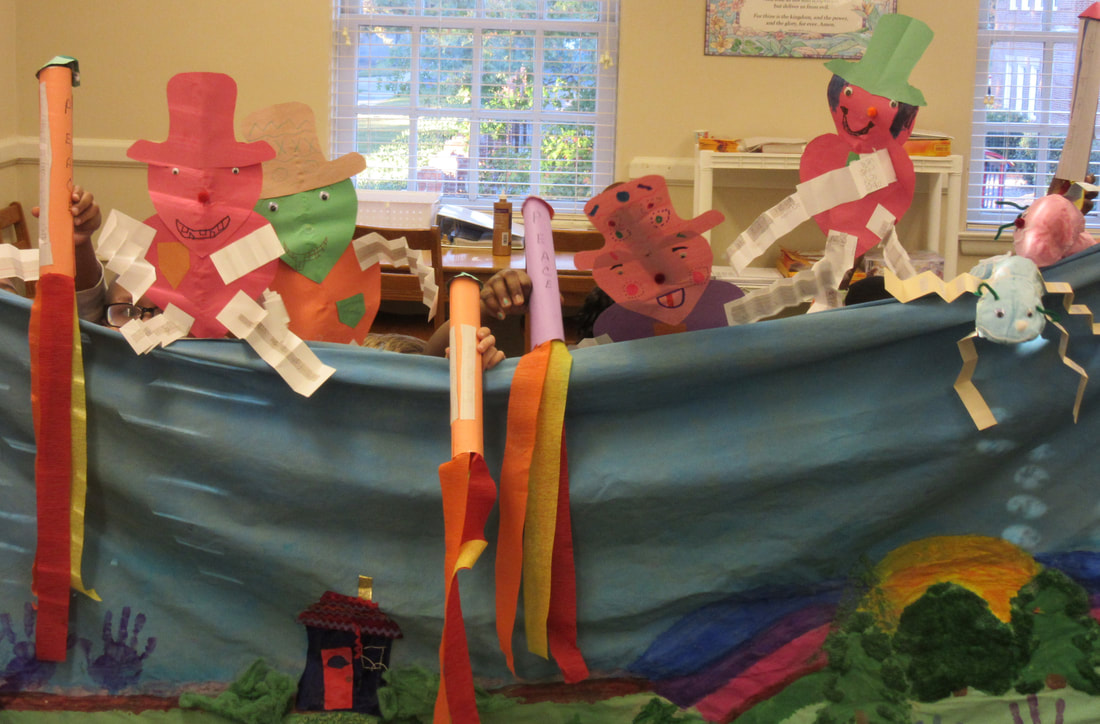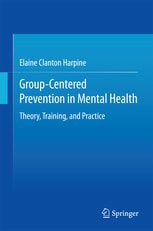
If you sit children down in a group, or even a circle of chairs, and then let the children take turns picking a book, or if you stop the action to explain the program’s rules to the whole group, you are not conducting a group-centered prevention program.
Why? What possible difference does it make if I have the children sit in a group and wait while one of their group members has a turn to read a book? Actually, just by putting everyone into a large group and taking turns, you have destroyed the group-centered approach. You have converted a group-centered program into a direct instruction program.
Classroom teaching often uses direct instruction—one teacher directly interacting with a group of children. Yes, it is fun to sit and talk with children, but just talking will not teach a child to read. The children who we work with at my reading clinic are struggling, or in some cases, failing in the public-school classroom. The methods that teachers use in the classroom have not worked with these children. We have eleven-year old’s who come to us still reading at the pre-kindergarten (pre-K) level.
Suppose, for example, that you are teaching in the group-centered Reading Orienteering Club, where children rotate in and out of small groups. If you went back to direct instruction classroom techniques, you would no longer be using the Reading Orienteering Club curriculum as it was written. If you want to the program to succeed, you would need to drop traditional teaching methods and use group-centered methods.
Research shows (Erchul, 2013; Kazdin, 2008; Kratochwill, 2007; Langley et al., 2010; McHugh & Barlow, 2010; Riggs et al., 2010) that whenever you use an evidence-based research program, you must use the program as it was written and intended. Every time you make a change (no matter how small it seems), you are no longer using the program that you purchased. Instead, you are using YOUR version of the program, which may or may not succeed. At my reading clinic, we work with children in small groups. If you change the group-centered structure or stop using vowel clustering, you will not succeed as we have:
- A student who failed for nine straight years in public school is now reading.
- A student diagnosed with ADHD and failing in reading moved up two grade levels in one year.
- A student diagnosed with dyslexia and whose parents tried everything, including expensive private one-on-one tutoring, learned to read, and moved up to beginning chapter books in one year.
- Six children who entered the program reading at the (pre-K) level ended the year reading at the 2nd grade reading level. Only one child in the group was a first grader.
- One student started at the pre-K level and ended the year reading at the third-grade level, while a second grader started the year reading below first grade and ended at the fourth-grade level.
- In 2016, one student moved up four grade levels in reading, four students moved up three grade levels in reading, and eight students moved up two grade levels in reading.
- In 2017, we scored high again, as 2 students moved up four grade levels in reading, 3 students moved up three grade levels in reading, and 6 students moved up two grade levels in reading.



 RSS Feed
RSS Feed
